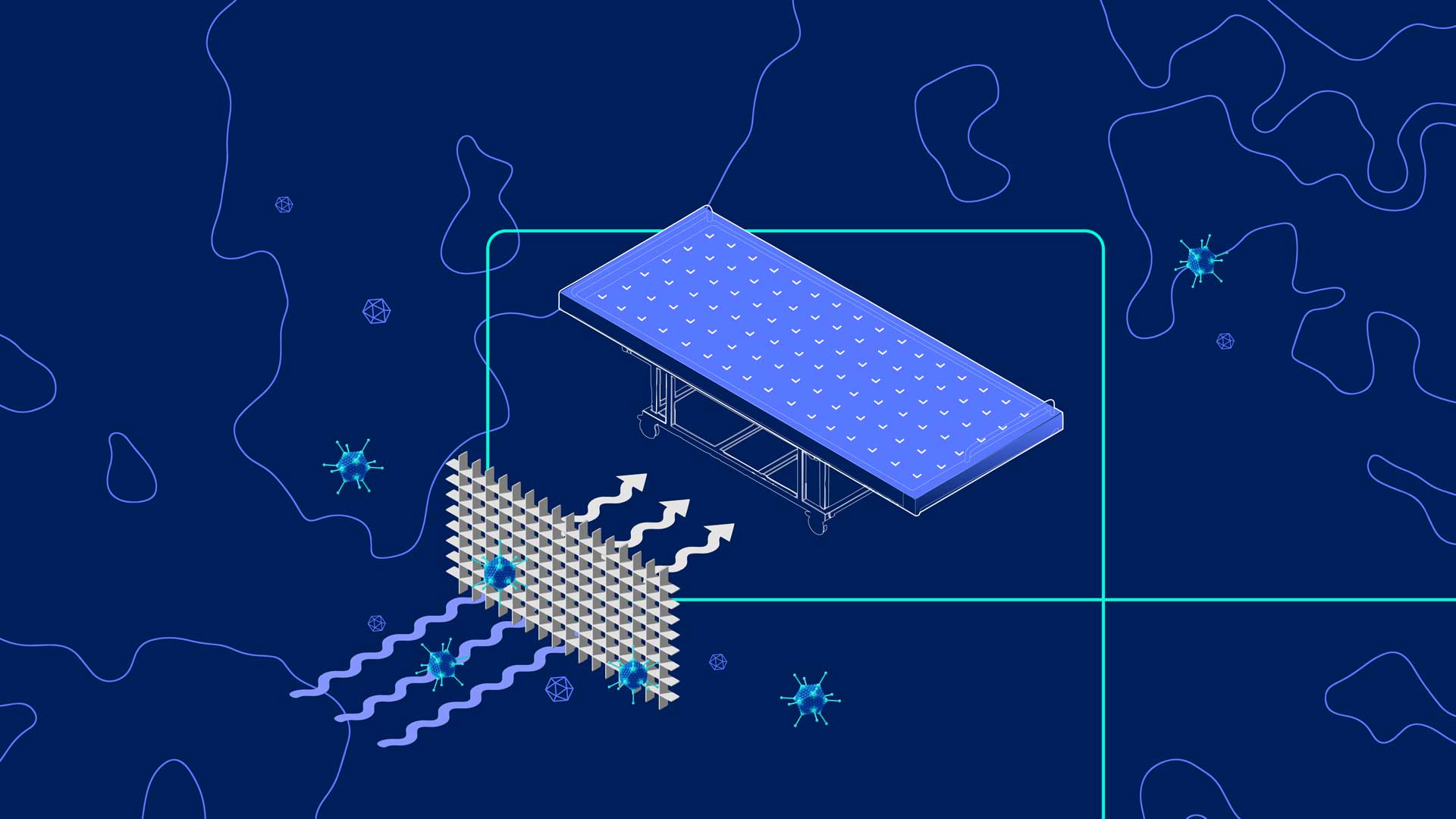Our food supply chain is broken. The reasons for it are complex, but put simply, the UK is exposed to several risk factors that can – and now have – combined to produce acute shortages on our shelves. Something needs to change urgently; and technology may – at least in part – have the answer.
The UK still relies on the European Union for the majority of its food imports, particularly during the winter months when warmer countries like Spain allow for consistent production of items like tomatoes or lettuce. In fact, 95% of our tomatoes and 90% of our lettuces come from Spain at this time of year.
There are two key issues to consider right now.
Brexit, regardless of your views, has made food trade with the EU more difficult. The added bureaucracy required to comply with new laws makes importing and exporting much more difficult and slow.
Climate change has had an increasing impact on yields across Europe in recent months too. Extreme or unpredictable weather can have a devastating impact on output.
Taken alone, we might have been able to handle each issue individually. However, floods, snow and hailstones have seriously impacted on harvests in both Spain and north Africa – our key import markets – at the worst possible time.
So-called ‘once in a generation’ weather events are becoming more common because of climate change. These problems are no longer outliers. If we want food security, something has to give.
Indoor vertical farming is a home-grown technology that offers farmers an opportunity to fill that need and make the UK more resilient. Towers can be built on any unused land to provide perfect growing conditions for a huge number of crops, with remotely operated software-driven systems helping maximise output and produce many times the volume of produce you would expect from the equivalent square footage of land using traditional techniques. Produce can be grown close to the consumer, not only reducing food miles, but increasing both shelf-life and the nutritional value. No herbicides. No pesticides.
Using our technology as an example, if just 3% of the UK’s 216,000 farm holdings had one 12m vertical tower dedicated to lettuce, we could entirely meet the country’s needs from within our own borders.
Integrating vertical farming into our food production systems will make the UK more resilient to import variations, staffing problems, disease and weather events. And in the summer, the towers could be used to either amplify output, or help farmers diversify crops for example by producing seedlings that can be grown on in a more traditional setting, potentially delivering more harvests each year. It’s a massive win.
And it might just mean you can plan that salad without worrying if you have enough fruit and veg for tomorrow.







.jpg)